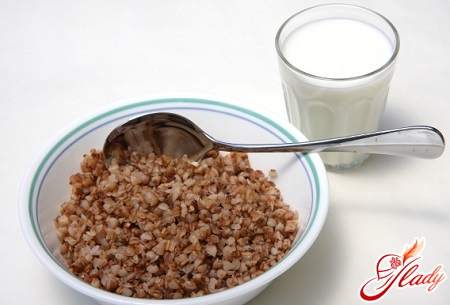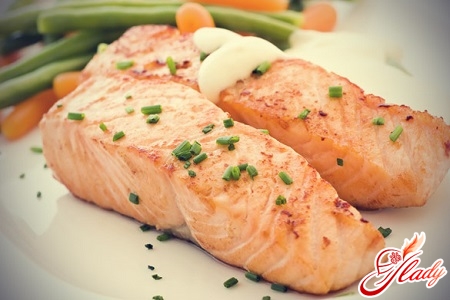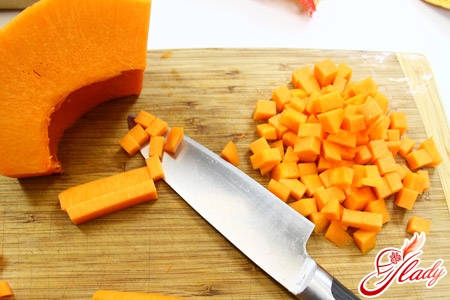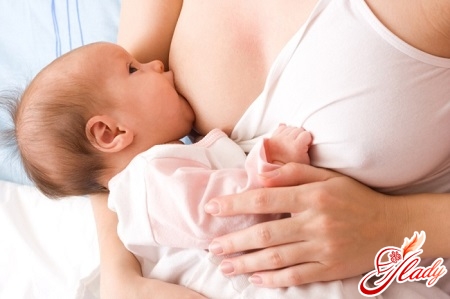
Breastfeeding a newborn baby— this is a real mystery that happens between a mother and her child. This is the unique moment when an invisible connection is established between a woman and a baby. And therefore, nothing should spoil this magic. However, everyone knows that infants tend to be sensitive, and to absolutely everything. They can be susceptible to any external influence. For example, allergies. Often it appears due to the fact that some provoking substance or product is in the mother's milk. And this is not surprising, because the composition of breast milk directly depends on what the mother eats. In order not to provoke the risk of developing various allergies in the child, the mother must adhere to a special diet. This is a hypoallergenic diet for nursing mothers. It will help not only to avoid allergies in the child, but will also guarantee that everything will be fine with his stomach and intestines. He will avoid such problems as bloating, colic, increased gas formation, diarrhea or constipation. Are these arguments not enough to start using a hypoallergenic diet today? What it consists of will be discussed below.
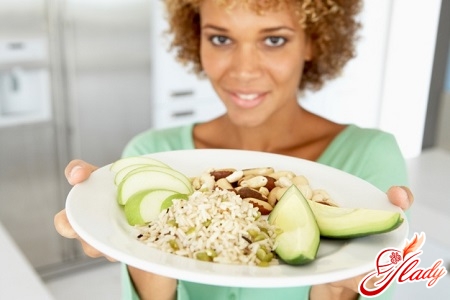
What is prohibited for nursing mothers?
The main point of such a diet isexclude from the diet of a nursing mother all those products that can cause allergies in the baby. The thing is that there are so-called allergen products. They are the ones that most often provoke various rashes, itching and other unpleasant phenomena. This is the basis of a hypoallergenic diet. You also need to know that the child's body, his stomach and intestines are a very delicate system. He has no microflora in the intestines at all. To be more precise, it is at the stage of formation. The necessary beneficial bacteria appear. For this reason, it is so important not to disturb this fragile balance. What should be included in a hypoallergenic diet? Purely theoretically, any product can cause an allergy in a fragile organism. However, there is a special category of products that, from the point of view of allergies, are the so-called "provocateurs". So, here they are, the allergens that you should forget about during breastfeeding: chocolate, citrus fruits, seafood, honey, red and orange vegetables, whole cow's milk, eggs, mushrooms, legumes, coffee, cocoa, salty, spicy, smoked, fatty foods, confectionery, any carbonated drinks. You can also add spices, seasonings, sauces, dried fruits and exotic foods. In addition, you need to avoid anything that contains dyes or preservatives. And, of course, cigarettes and alcohol are out of the question, because the health of the child is at stake. Quite an impressive list, which, moreover, includes all the most delicious things for many mothers. But you need to look for the positives in everything. For example, giving up these products will not only prevent allergies in the baby, but will also help to significantly lose excess weight accumulated after childbirth. Double benefit!
Products that you can eat mom
What can a nursing mother eat?During breastfeeding, you should eat the following foods: rice, buckwheat, boiled poultry, cucumbers, apples, pears, currants, gooseberries, prunes, rolled oats, potatoes, green tea, non-carbonated mineral water, rosehip infusion, unleavened crackers, zucchini. With caution, but you can still eat: green sweet peppers, bread, bananas, apricots, cranberries, watermelon, offal (for example, chicken liver), herbal infusions (chamomile and others), rabbit. As for the cooking method, all food should be either steamed or boiled. It has already been mentioned that everything fried, smoked, etc. should be excluded. This is what the main foods that are included in the hypoallergenic diet look like. It is quite difficult to follow, but possible. Over time, you can introduce some new products not from the list, but you need to do this carefully, gradually and in very small doses, so that if necessary, you can immediately understand what the body reacted to. At first, it is better not to take risks. Let a hypoallergenic diet help your child grow up healthy and cheerful. It is especially important to realize that to some extent, his health is in the hands of his parents. So why not take advantage of this opportunity? Good luck with your diet! Healthy eating and proper feeding are a happy child and mother.




